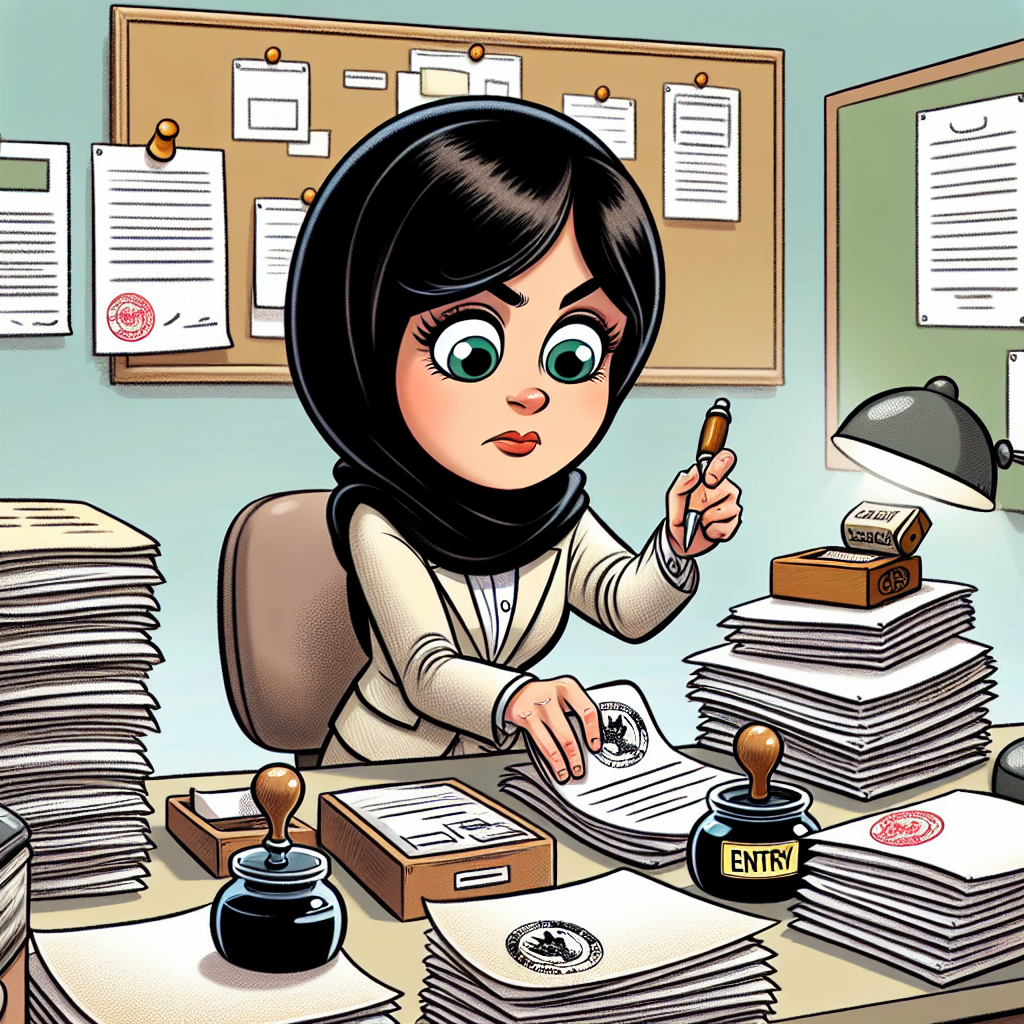Iran's foreign minister believes talks between his country and the United States over the future of Tehran's rapidly developing nuclear program were "productive and positive", after a meeting in the Gulf State of Oman. US President Donald Trump's special envoy for the Middle East, Steve Witkoff, is leading the American delegation, while Iran's top diplomat Abbas Araqchi is steering the talks on the other side. Tehran and Washington have not had formal diplomatic relations for more than 40 years, and the talks in Muscat were described by Iranian officials as "indirect".
However, Mr Araqchi posted on social media that he had briefly met with Mr Witkoff face-to-face after the talks concluded, adding that there would be further talks next week. Iranian Foreign Minister Abbas Araqchi says he is optimistic about more talks with the US. "We participated with the necessary seriousness," Mr Araqchi told Iranian state television earlier in the day.

"Our intention is to reach a fair and honourable agreement, from a position of equality. "If the other side has entered with the same approach, then, God willing, there will be a chance for a preliminary understanding that could lead to a negotiated path." The foreign minister had tempered expectations of an immediate breakthrough.
"This is the first meeting, and in it, many fundamental and initial issues will be clarified — including, if there is sufficient will on both sides, a decision on a timeline," Mr Araqchi said. Both the US President Donald Trump and the Israeli Prime Minister Benjamin Netanyahu have threatened to launch strikes against Iran if it continues trying to enrich uranium to a level required for a nuclear weapon — something the Iranian regime insists it is not doing. The International Atomic Energy Agency has warned Iran is just a technical step away from reaching that mark, and Iran has threatened to block inspectors from the country.
"I want them not to have a nuclear weapon," Mr Trump told reporters on Air Force One ahead of the meeting. Oman, which is acting as a mediator between Washington and Tehran, said it would continue working to "assist in achieving regional and global peace, security and stability". Deadline for a deal looming The pressure to come up with some sort of agreement is looming, seven years after Donald Trump withdrew from the last deal during his first term in office, and the threat of military action is adding to the tensions.
The unfolding strikes represent the biggest US military operation in the Middle East since US President Donald Trump took office in January. "I think what makes these negotiations significant under President Trump's second term in office is how high the stakes are," Ali Vaez, Iran project director at the Crisis Group told the ABC. Iran is literally a virtual nuclear weapons state now — it is just a few days away from being able to enrich enough uranium for a single nuclear weapon.
"And of course, last year, we saw direct military confrontations between Iran and Israel — so the taboo of direct strikes on Iran by Israel has been broken." Mr Vaez said the likelihood of strikes, particularly by Israel, is growing. "If there is no deal and Iran withdraws from the non-proliferation treaty before the end of the year, you basically have a situation in which the only country in the world that is enriching uranium to near weapons-grade without actually having any civilian use for it would also be in a situation that is no longer monitored by the UN nuclear watchdog.
"That certainly crosses an Israeli red line, and it's likely to result in Israel taking military action against Iran's nuclear facilities." Late last year, Israel launched a series of strikes on Iranian air defence systems and missile manufacturing facilities. Economic challenge for Iran Iran has been widely condemned for propping up other groups in the region, namely Hezbollah in Lebanon, Hamas in Gaza and the Houthis in Yemen, as well as supporting the Assad regime in Syria.
Israel's war against Hamas and Hezbollah, the toppling of the Assad regime, and increased US strikes on the Houthis have shattered that network. Steve Witkoff argued Hamas needed to "get much more sensible" about the extension of ceasefire in Gaza, as talks about the future of the truce appear to stall. But Mr Vaez said economic sanctions are the main driver for Iran wanting to engage in negotiations this time around.
"Iranians are allergic to negotiating from a position of weaknesses and with a gun to their head — that is why they are insisting on being able to determine who the intermediary will be, where the venue of the negotiations is going to be, and what is the framework for these talks in order to create a much more balanced and equal footing discussions as the weaker party here," he said. "And also there's the reality that although Iran's regional deterrence has been weakened, its nuclear leverage is stronger than ever. "Clearly they have already paid the economic price for a nuclear bomb through years of sanctions which they contend has cost their economy something in the neighbourhood of four to five trillion dollars.
".
Business

US and Iran hold 'positive and productive' talks over future of Tehran nuclear program
With Donald Trump and Benjamin Netanyahu threatening to bomb Iran if it does not restrain its nuclear ambition, the discussions in Oman come at a crucial time.















